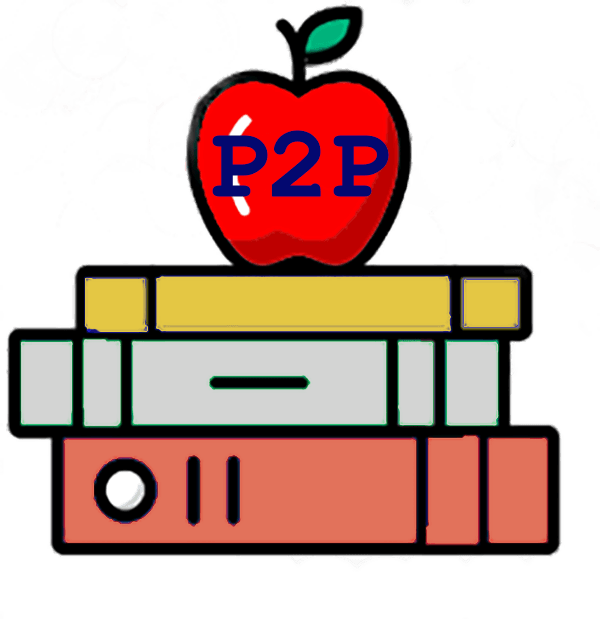
Anthropic's AI Lawsuit May Backfire in Favor of Writers and Authors
Did an AI Train on Your Book? The Bill Is Coming Due
This Anthropic suit (Claude AI) isn't happening in a vacuum. It's just one front in a much larger war being waged over the future of creative work. With The New York Times locking horns with OpenAI and Microsoft, and authors from George R.R. Martin to Sarah Silverman launching their own legal volleys, the battlefield is getting crowded. Creative workers might come out on top.
Anthropic's case is a crucial piece of the puzzle. You're watching an intellectual property arms race, and the publishers just decided to roll out their heavy artillery—while Anthropic may not be as slick as they thought they were.
Anthropic wants to pump the brakes on their class action trial, but their problems are actually getting bigger. Two more heavy-hitter law firms—Edelson, along with the Oppenheim+Zebrak firm—just jumped into the ring, backed by the Association of American Publishers.
AAP says the job is to "Maximize the per-work recovery for the Class." Translation: get as much money as possible for every single book that got swept up in this mess. That means our books, kids.
Here's what matters: this isn't just about whether Anthropic broke the law anymore. Now it's about how much each of those millions of books is actually worth. We're talking damages, not just liability.
If you're a writer, this should be on your radar, even if your name isn't on the lawsuit. Class action means you're automatically included if your work got used, and you won't pay lawyers upfront. The choice of copyright specialists signals publishers are digging in for years of appeals and negotiations.
What's really at stake
The real billion-dollar question these lawyers will be trying to answer is what "damages" even look like.
Is it a one-time settlement divided up a million ways?
A per-book fee?
Or—the holy grail for creators—could it force a licensing framework where AI companies pay ongoing royalties, like a Spotify for training data?
The outcome won't only set legal precedent; it will define the economic model for being a writer in the age of AI.
Two things to watch:
First, we'll finally see exactly which books got used in the training data.
Second, whatever the court decides about fair use here matters for everyone. If Anthropic wins, your book loses value once it's fed into an AI system. If publishers win, AI companies might start paying real licensing fees—and that changes everything.
So, what should you actually do?
I know you probably don't have powerhouse law firms on speed dial, this is a good moment to get your own house in order. It's simple and critically important.
Check your copyrights: The single most powerful tool a creator has is a registered copyright. If you've been lazy about officially registering your significant work with the Copyright Office, consider this your wake-up call—I'm talking to you, indies and self-publishers. It's the difference between having a legal claim and just having a grievance.
Keep good records: Know what you've published, when, and where. Having a clear inventory of your intellectual property is just good business hygiene.
Stay informed, but keep writing: Follow the headlines, but don't let the legal drama paralyze you. The most important thing you can do is continue creating valuable work that's worth fighting for in the first place. After all, that's the whole point.
Make no mistake, we creatives could actually benefit from this when the fat lady sings.
A place for writers who want to learn to earn more with their storytelling, non-fiction, and fiction.
Pen2Profit Properties
Blog Categories

RETURN POLICY/Delivery Policy
©2025-2026 All Rights Reserved Maryan Pelland Pen2Profit©


